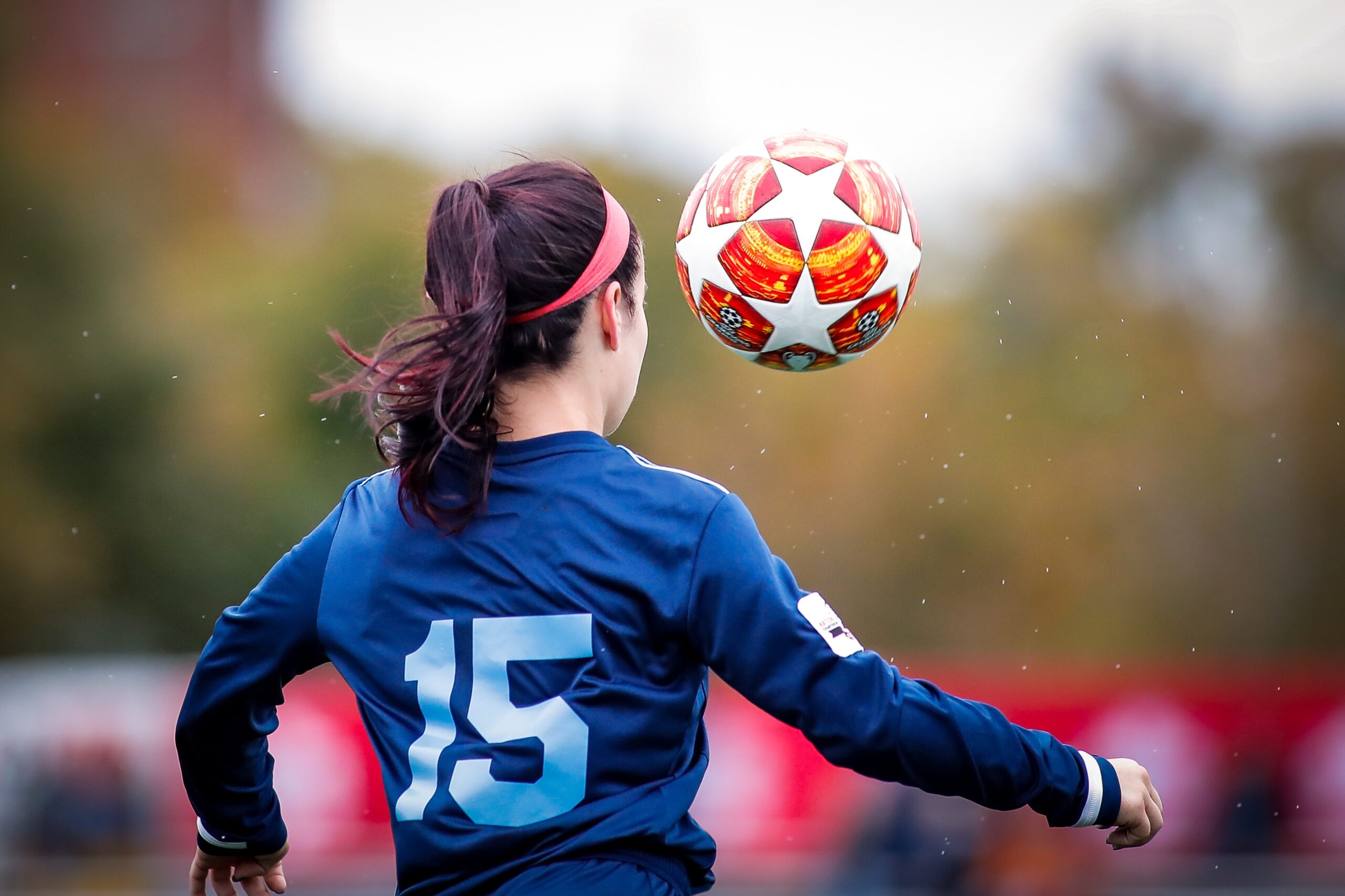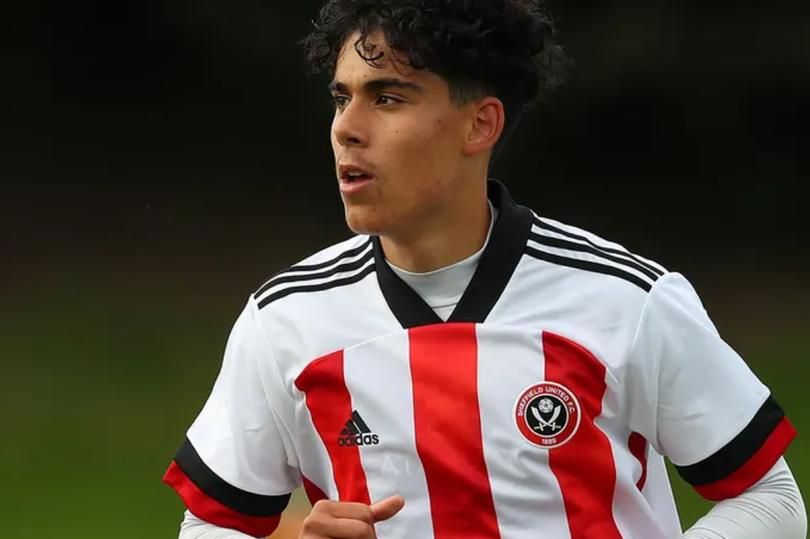The number of girls playing football is at an all-time high.
Fuelled by a combination of excitement around the Lionesses’ Euros victory, greater access to sports, and an increase in equal opportunities – there are now more girls than ever participating in football outside of school hours.
However, not all girls aspire to be the next Lioness or compete for the Conti Cup in a top-league team. Some girls simply want to create a community for themselves and relish the fun of the game.
“I’ve always liked watching football, so it made sense to also start playing it. I love watching women’s football, and I was looking into starting a new sport,” said 17-year-old Phoebe Rogers, who plays for her local team Stoneham FC in Hampshire and took up football after falling out of love with dancing competitively.
Poppy Gaten, 13, who plays for a local team in North Norfolk, also recently started playing outside of school in the past year. “I thought it would be fun to try something new and work out what I’m good at and football was one of the things I really enjoyed at school,” she said.

Phoebe and Poppy are one of the many girls nationally who play football. Data from Sport England, which pre-dates the Euros victory, showed 669,000 girls participated in organised football in 2017-18, but by the end of the school year 2020-2021, that figure had risen to 777,000.
Additionally, there was also a 200,000 increase in the number of girls participating in football in informal settings, such as a park kickabout with friends. This trend is visible beyond just England as, according to FIFA, there are now 29 million women and girls playing football globally, with the goal of increasing to 60 million by 2026.
Phoebe needed a new outlet and described herself as an athletic person.
For her, much of the enjoyment surrounding football comes from the sheer joy of just participating in the sport. Playing gives them the opportunity to switch off and just focus on the pitch – providing some much-needed relief from school and life stress.
“I love the feeling of chasing for the ball, being able to beat someone to the ball, and just playing a game and having a good time,” says Phoebe. “Especially now that I’m doing my exams and will be going to university soon, I like having a hobby I enjoy.”
Poppy agrees with this statement but also says that the challenges with the game give her something to enjoy and focus on. “You have to be very brave when you’re shooting or tackling but if you’re down at the back in defence you have to be a bit more brave because you have to stop someone getting past and scoring,” she said.
Dr Sheryl Clark, a girls’ sports researcher at Goldsmiths University, explained that encouraging fun-led play is crucial to keeping girls in the game. “The structure of football itself needs to change if we want to change who can play it and who feels comfortable,” she said.
“Some coaching, which is bad coaching in my opinion, reinforces ideas of hierarchy. Whereas if a collaborative and peaceful setting is set up where kids are helping each other and enjoying the sport it would be more beneficial than setting it up as it being about who can dominate it and who can’t.”
Poppy explained she plays with only girls because the boys in her cohort can often exclude the girls from the game. “My team is just girls because the boys usually just pass between themselves leaving the girls out,” she said.
“Sometimes it can be challenging and hard but that’s the best part because I like to push myself into doing my best.”
However, Phoebe had a different experience and found that her male peers were encouraging her football endeavours. “I hadn’t kicked a ball in a while before I joined my team,” she said.
“But I had a kickabout with the boys that I’m friends with in the park, and it helped me increase my confidence. Luckily, they were really nice and gave me tips and it made me feel better ahead of my first training session.”
For these two girls, football is a new venture – and one that they want to continue. It’s something for them to sink their teeth into while having fun and keeping fit. Phoebe is starting university in September and says she wants to try out for the campus team and use it as a way to make friends and maintain a healthy lifestyle.
Poppy wants to continue to play throughout her secondary school life. “I definitely want to keep playing football, because I would love to play against a lot more people and make loads more new friends, and just have fun,” she said.




